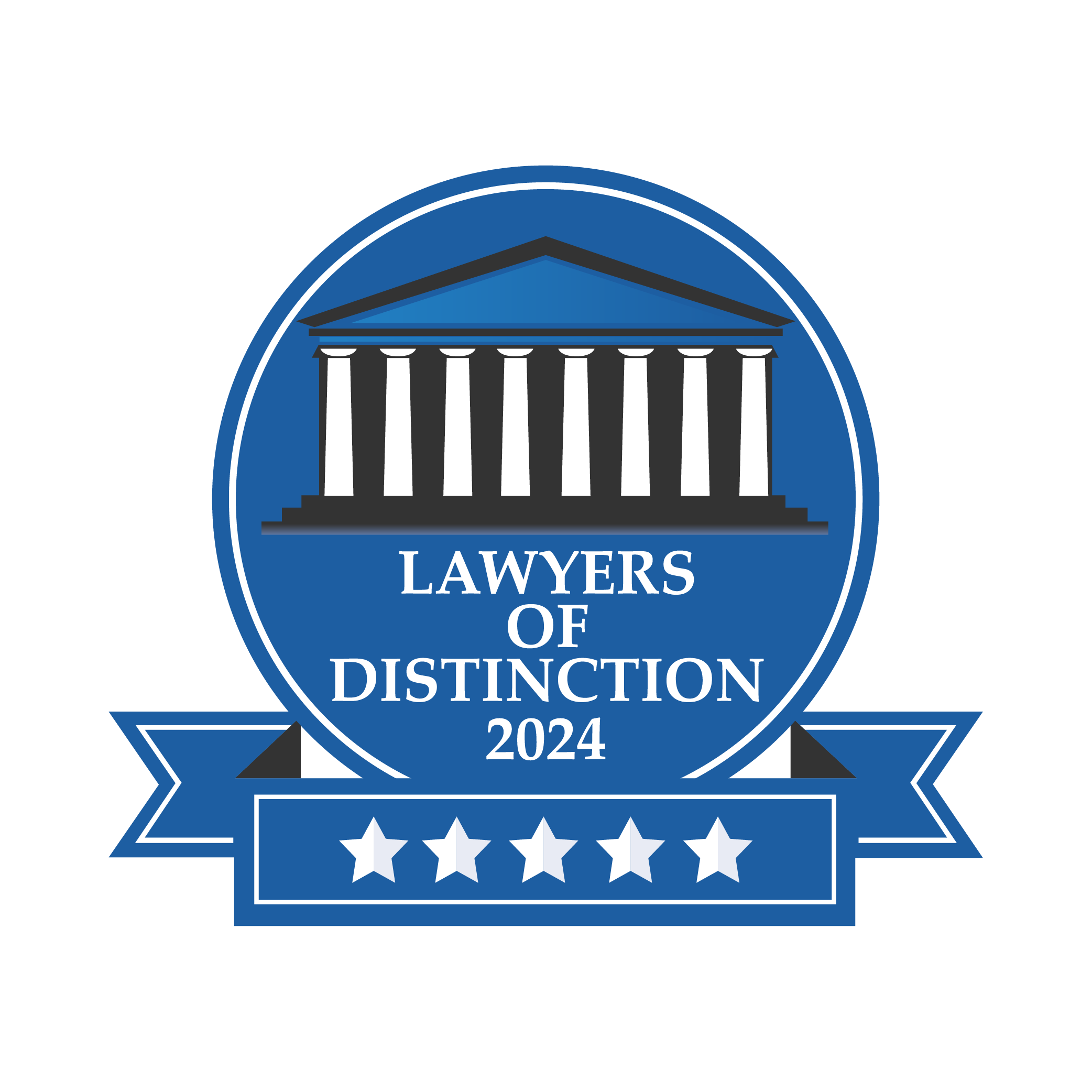Today’s media platforms allow for not only the traditional big-name news & tv outlets to air their thoughts, but it also allows for private citizens to do so as well. Blogs, forums, and social media are some of the many vehicles individuals can express their beliefs and opinions for, literally, the entire world to see. The First Amendment allows American citizens freedom of speech. However, there are limitations to this freedom. Defamation laws protect the reputation of individuals when things said about them are false or misleading.
What is Defamation
Defamation is any statement that damages the reputation of another individual or party. Laws governing defamation cases aim to compensate those whose character has been damaged due to false or malicious statements. A defamation example would be if a customer accused the restaurant owner of food poisoning even though it was not actually the restaurant’s food that caused them to be ill. If the customer shared the false information with other customers, the owner could have grounds for a defamation lawsuit. There are two types of defamation statements: slander and libel. The main difference between slander vs libel statements is the medium in which they are conveyed.
What is Libel
Libel is a false statement published through writing, pictures, or cartoons, defaming another individual’s reputation. Publication of these statements can come through major media outlets, such as newspapers or magazines. Libelous statements can also be made online through social media platforms, review sites, etc.
What is Slander
Slander is similar to libel, but instead of writing, it is a spoken false statement. Compared to libel, slander is considered more temporary, since it is not published.
Examples of Libel & Slander
Below we’ll take a look at two real-life slander and libel examples.
Libel lawsuit
In 2017, three New Hampshire businessmen brought a defamation lawsuit up against Michael Gill, the owner of a New Hampshire mortgage company. It was Gill who put up billboards accusing the three businessmen of criminal activity. The billboards accused the three businessmen – an auto dealer CEO, banker, and developer – of participating in drug dealing and extortion. The jury found the allegations baseless and awarded just over $274 million in damages to the three businessmen.
Slander lawsuit
Steve Wynn, a US casino owner, successfully sued “Girls Gone Wild” creator Joe Francis for $20 million in damages. The lawsuit was based on accusations made by Francis about Wynn supposedly making death threats to him. The jurors found no basis for these accusations and awarded Wynn the large monetary value based on damages to both his personal and business reputation.
Elements of Defamation
Understanding how to sue someone for slander and libel involves learning the different elements of a defamation lawsuit. The plaintiff must prove four elements to be successful in a defamation lawsuit. The elements in a defamation case are:
- A false or defamatory statement was made towards the plaintiff.
- The statement was either said to or published by a third person.
- There was malicious intent, or at the very least, negligence when the statement was made.
- The plaintiff incurred damages or harm as a result of the statement.
Proving defamation can be difficult at times. Freedom of speech allows individuals to express opinions. However, opinion can sometimes blur the line with defamation. Juries will take into account the context of the statements to decide whether something is an opinion or, in fact, defamatory. Proving defamation by a public figure vs. a private individual has different standards as well. Due to their vast platform, public figures are constantly scrutinized by the public. If a public figure wanted to make a defamation claim, they must prove there was malicious intent on the part of the defendant. Malicious intent is a much more difficult standard to meet compared to the standard of negligence that a private individual must meet when making a defamation claim.
Defamation Defenses
As discussed, the plaintiff needs to prove four elements for a successful defamation case. A defamation defense would need to challenge any of the four elements. The defendant could also argue that:
- The statement was true: Truth is an absolute defense in any defamation lawsuit. An absolute defense means that if the statement was proven true, the courts will rule in favor of the defendant.
- The statement was an opinion: If it can be shown that the context of the statement was done more so as an opinion piece (i.e. comedy, cartoon, caricatures, etc.), there will be no defamation.
- There was no harm done: Perhaps the statements were malicious and false, but if nobody believed it, you did not actually suffer any harm.
- Plaintiff agreed to the statement: Another defense would be if the plaintiff at one point agreed to the statement made. This could be either through an interview or perhaps written somewhere else.
Valiente Mott
If you have any questions in regards to the elements of slander and libel, contact us today. Valiente Mott works hard to ensure that victims get the compensation they deserve. Our Nevada personal injury law firm has represented clients from all over Nevada as well as the Utah area. Call us at (702) 623-2323 for your free consultation!

